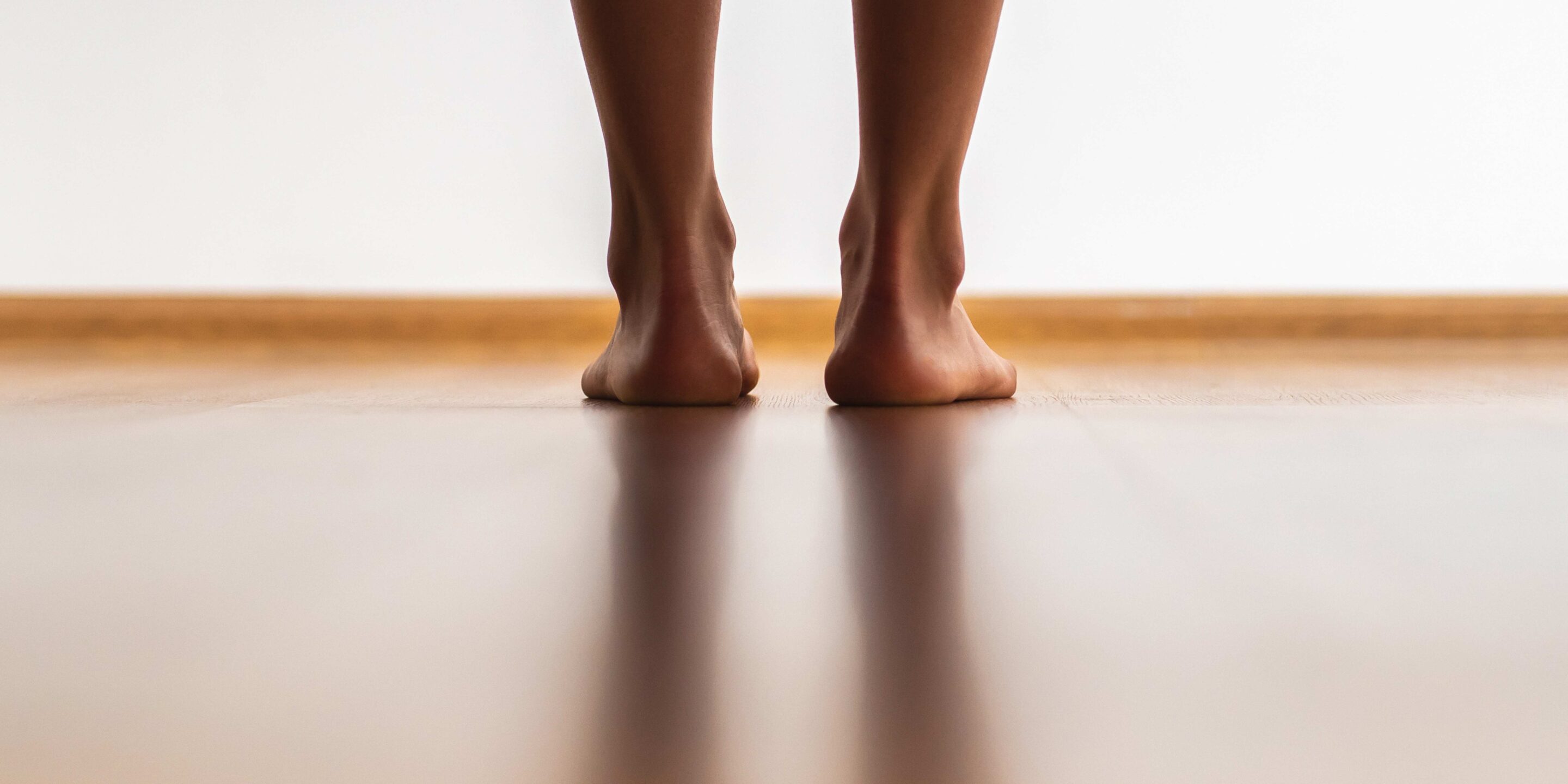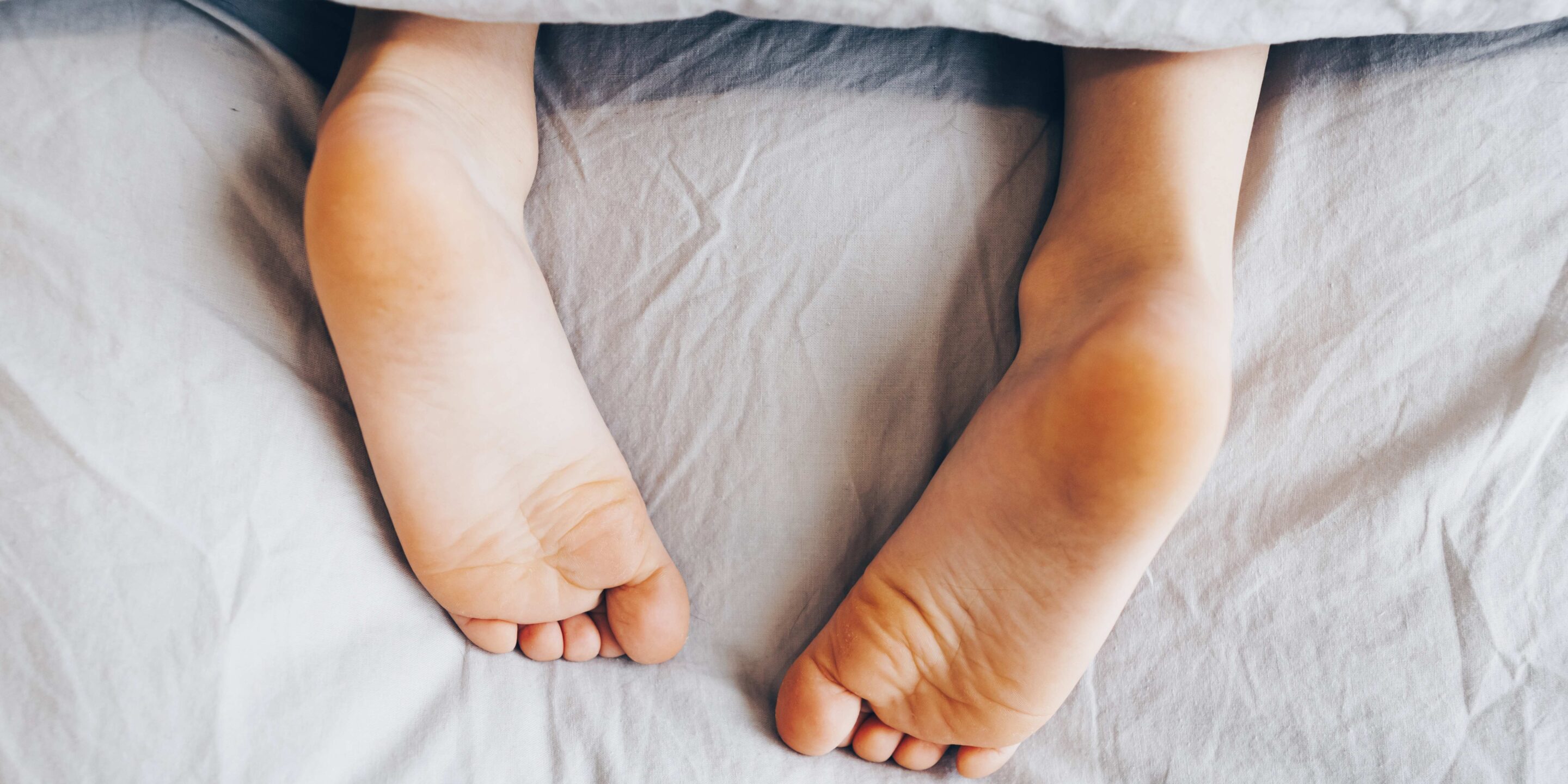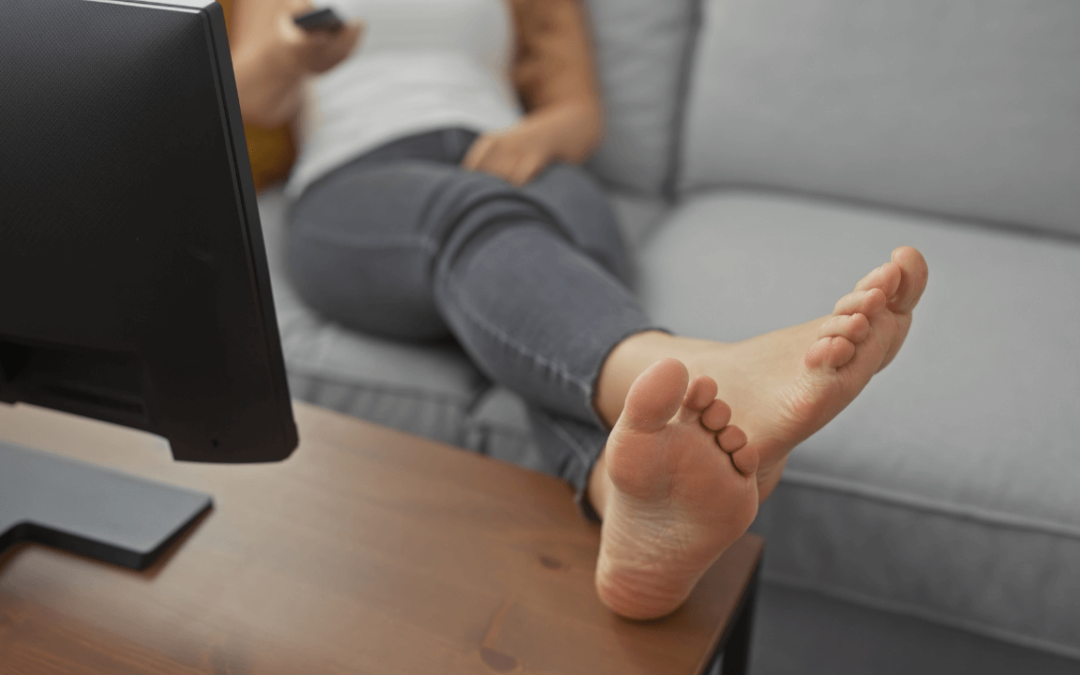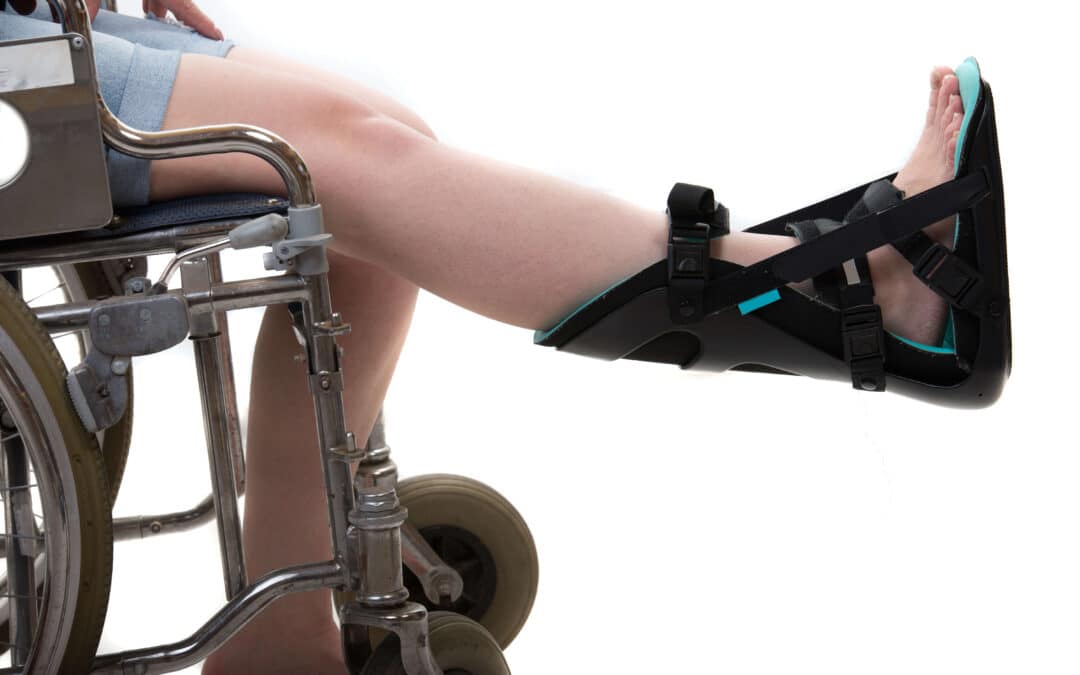Does Heel Pain Got You Off Your Feet? Try these Home Treatments!
Heel pain can make even simple daily activities (like walking or standing) feel unbearable. It’s a common condition that affects people of all ages, often disrupting mobility and quality of life. The good news is that there are effective ways to manage heel pain at home, and when needed, professional treatments can provide lasting relief. In this post, we’ll explore the most common causes of heel pain and share home remedies that may help you get back on your feet comfortably.
Why Does Your Heel Hurt? (Causes of Heel Pain)
Plantar Fasciitis
Plantar fasciitis is the leading cause of heel pain. It occurs when the thick band of tissue (plantar fascia) that connects the heel to the toes becomes inflamed. Pain is usually sharpest with the first steps in the morning or after long periods of rest. Risk factors include repetitive stress, unsupportive footwear, and abnormal foot mechanics.
Heel Spurs
Heel spurs are bony growths that form on the underside of the heel bone due to strain on foot muscles and ligaments. While not always painful, heel spurs can cause discomfort if they press on nearby tissues or nerves.
Arthritis
Arthritis, including osteoarthritis and rheumatoid arthritis, can affect the joints in the foot and heel. Inflammation and joint deterioration can lead to persistent heel pain, stiffness, and swelling, especially during flare-ups.
Bursitis
Bursitis develops when the fluid-filled sacs (bursae) that cushion your joints become inflamed. Repetitive stress or excessive pressure on the heel can trigger this painful condition, often accompanied by swelling and tenderness.
Other Potential Causes
Heel pain can also result from Achilles tendinitis, stress fractures, or improper footwear that fails to provide adequate support. Identifying the exact cause is essential for effective treatment and long-term relief.
At-Home Remedies for Heel Pain Relief
Rest & Ice Therapy
Give your heels a break by avoiding activities that worsen pain. Applying ice packs for 15–20 minutes at a time can reduce inflammation and provide short-term relief.
Stretching Exercises
Gentle stretching helps loosen tight muscles and relieve strain on the plantar fascia and Achilles tendon. Try calf stretches, toe stretches, and towel curls daily to improve flexibility and reduce tension.
Supportive Footwear
Wearing shoes with proper cushioning and arch support can prevent excess strain on your heels. Orthotic inserts may also provide extra stability and comfort. Avoid walking barefoot on hard surfaces whenever possible.
Over-the-Counter Pain Relief
Non-prescription medications such as ibuprofen or acetaminophen can temporarily relieve pain and inflammation. Always consult your doctor if you need frequent or long-term use.
Maintaining a Healthy Weight
Excess body weight puts added pressure on your feet. By maintaining a healthy weight through balanced nutrition and regular activity, you can reduce heel strain and prevent recurring discomfort.
When to See a Podiatrist
While home remedies can be effective for mild heel pain, some cases require professional care. Contact a podiatrist if you experience:
- Persistent pain lasting more than a few weeks
- Swelling or redness in the heel
- Difficulty walking or performing daily activities
A podiatrist can diagnose the root cause of your heel pain and recommend treatments such as custom orthotics, physical therapy, or advanced therapies to restore comfort and mobility.
Get Help for Your Heel Pain Today!
Heel pain can stem from many causes, including plantar fasciitis, heel spurs, arthritis, and bursitis. While rest, ice, stretching, supportive footwear, and weight management can help relieve symptoms at home, persistent or severe heel pain should never be ignored.
Don’t let heel pain slow you down—schedule an appointment with our expert team today and take the first step toward lasting relief!




